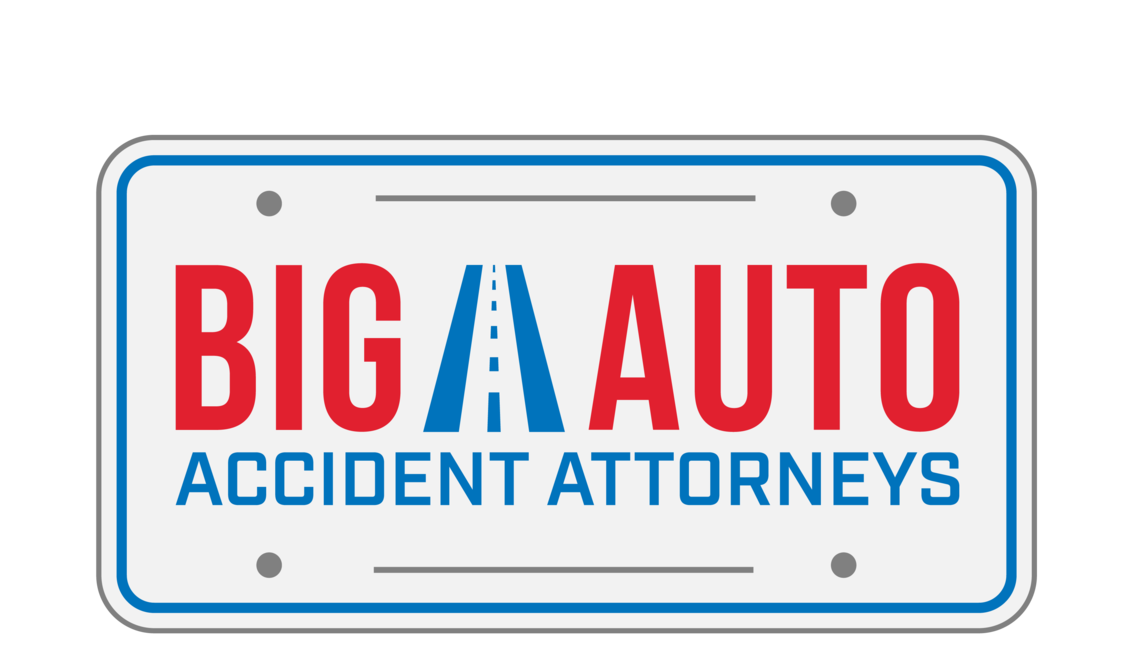How Long Do I Have to File a Lawsuit After a Car Accident?
FREE CASE REVIEW FREE CASE REVIEW ⟶
After a car accident, you will likely experience many strong emotions. At first, you may feel shocked. As time goes on, you may also look back on the event with anger, sadness, or regret. You may find yourself second-guessing all the circumstances surrounding the event and wondering what could have happened differently.
Amid these emotions, it is important to be aware that a legal timeline exists and influences your possibilities of receiving compensation. You should be aware of legal deadlines, such as the statute of limitations that limits your window for legal action. Other elements of this legal timeline include the availability and freshness of evidence. Witnesses can also forget or confuse details after long periods. In essence, time is of the essence.
Understanding Statute of Limitations
A statute of limitations is essentially a deadline by which any legal action must be undertaken. Different statutes of limitations exist for different types of legal matters, and they can also vary by state. In Arizona, crash cases typically have a two-year timeframe in which lawsuits can be pursued against an alleged negligent party.
The statute of limitations exists to preserve the integrity of a trial. This is due to some of the matters mentioned previously; it wouldn’t be fair, for example, to rely on the memory of a witness 10 years after a car crash. Similarly, evidence may be lost or compromised, and that could also lead to an unfair outcome. Thus, statutes of limitations were created to ensure justice; however, they simultaneously act as a strict deadline by which justice must be pursued.
The two-year statute of limitations in Arizona applies specifically to personal injury and property damage claims related to a car accident. From the moment the accident occurs, the clock starts ticking.
That’s why it’s so important to begin taking action related to your legal case immediately. If a lawsuit is not filed within two years, the right to sue is typically lost forever, barring a couple of specific exceptions such as for cases involving minors or cases where the defendant left the state to evade being served.
Steps to Take Immediately After a Car Accident
With this deadline in mind, it’s important to act quickly, even amidst the pain and confusion that can follow a serious car accident. First and foremost, you should begin documenting every detail possible surrounding the incident.
The best time to begin gathering accident documentation is at the scene of the event itself. For example, photos of the aftermath of the event can be helpful when determining what exactly happened. Witness contact information should be collected, and stories should be gathered. Last but not least, you should ensure that a police report is filed to document any meaningful accident, especially if it has had serious consequences.
Once help has arrived on the scene, you should receive medical attention following the accident. Even setting aside legal concerns, you should understand that injuries are not always immediately apparent. The adrenaline and emotion that affect people who have been in serious accidents sometimes prevent them from feeling the full extent of their injuries. So, getting checked out can help catch issues early and lead to better medical outcomes.
Medical attention also plays a very important legal role in building your case. Not only does it help clarify how much your legal bills will cost, but it also establishes a clear timeline regarding when your injury happened. Failing to get prompt medical attention, and then discovering an injury later, can jeopardize your chances of receiving compensation from any negligent or guilty parties.
For example, imagine you wait a week before finally visiting a doctor for your aching neck after a car crash; if you turn out to have a serious injury that requires expensive medical treatment, you will likely want the person who caused the accident to pay for your medical treatment. But because you waited a week, that person would now have a window to argue that maybe you hurt your neck at work or playing softball, and you’re just trying to conveniently associate that injury with the car crash that occurred separately.
How to Initiate a Lawsuit
For most people, the process of filing a lawsuit over a road accident begins with a consultation with a personal injury lawyer, typically within a few days of the incident. Some of these attorneys even specialize in car accidents, which equips them with a deep understanding of the specific laws and regulations that can affect your case. They know how to deal with insurance companies, commercial vehicle owners, and the courts, and are adept at negotiating with these entities to secure the best possible outcome for their clients.
Whatever attorney you decide to consult with, the process will likely begin with an interview in which they ask you several questions to determine if you have a good case. This initial consultation is crucial as it sets the foundation for any legal action that might follow. They will inquire as to who was at fault, what types of injuries you experienced, what other damages may have occurred, and what evidence you have at your disposal. This information helps the attorney assess the potential success of your claim and strategize the next steps.
Assuming you have a solid case, the lawyer will then help you evaluate and quantify with dollars the value of your case, considering factors such as medical expenses, lost wages, and pain and suffering. They can then assist with filing paperwork and serving the lawsuit to the responsible party, ensuring that all legal protocols are followed meticulously.
At this point, the party may work with your attorney to reach a settlement, or the case could go to court. Settlements are common in personal injury cases as they can provide a quicker resolution and minimize legal expenses. Should this latter scenario occur, your attorney will be there to represent you in the courtroom and argue your case by presenting evidence, calling witnesses, etc., using their expertise to sway the judgment in your favor.
Common Mistakes to Avoid
There are no guarantees in a court of law. However, there are a few common mistakes you can avoid to improve your chances of a successful outcome. One of the most common mistakes is missing the filing deadline. If you fail to pursue your case before the statute of limitations applies, then your options will be severely limited.
Timeliness is also important when it comes to seeking medical attention, gathering statements from witnesses, and communicating with potential legal representation.
Missing deadlines isn’t the only mistake to watch out for; you should also be careful to document everything carefully. Poor record-keeping and incomplete evidence-gathering can ruin your case before it even begins.
One final mistake that happens frequently in these types of cases is failing to understand the complexity of a car accident lawsuit. Those who attempt to represent themselves can often find themselves in over their heads, for example. This is why seeking legal representation is usually the best choice for most people in most situations.
Navigating the Aftermath of an Accident
Understanding what needs to be done after a lawsuit will help safeguard your rights. Life after a serious accident presents many challenges, not least of which is the ticking clock affecting your fight for compensation. Immediate action, from documenting the accident to securing medical evaluations and more, matters. This can help strengthen your case while also helping you avoid the pitfalls that could cost you big.
Legal guidance is invaluable in these situations. A seasoned personal injury attorney can provide insight, support, and advice throughout the process. Their experience can be one of your greatest assets when meeting deadlines and working toward a fair outcome. If you’re seeking a legal consultation after a car accident in Arizona, please reach out to us at Big Auto Law. We are here to help.


